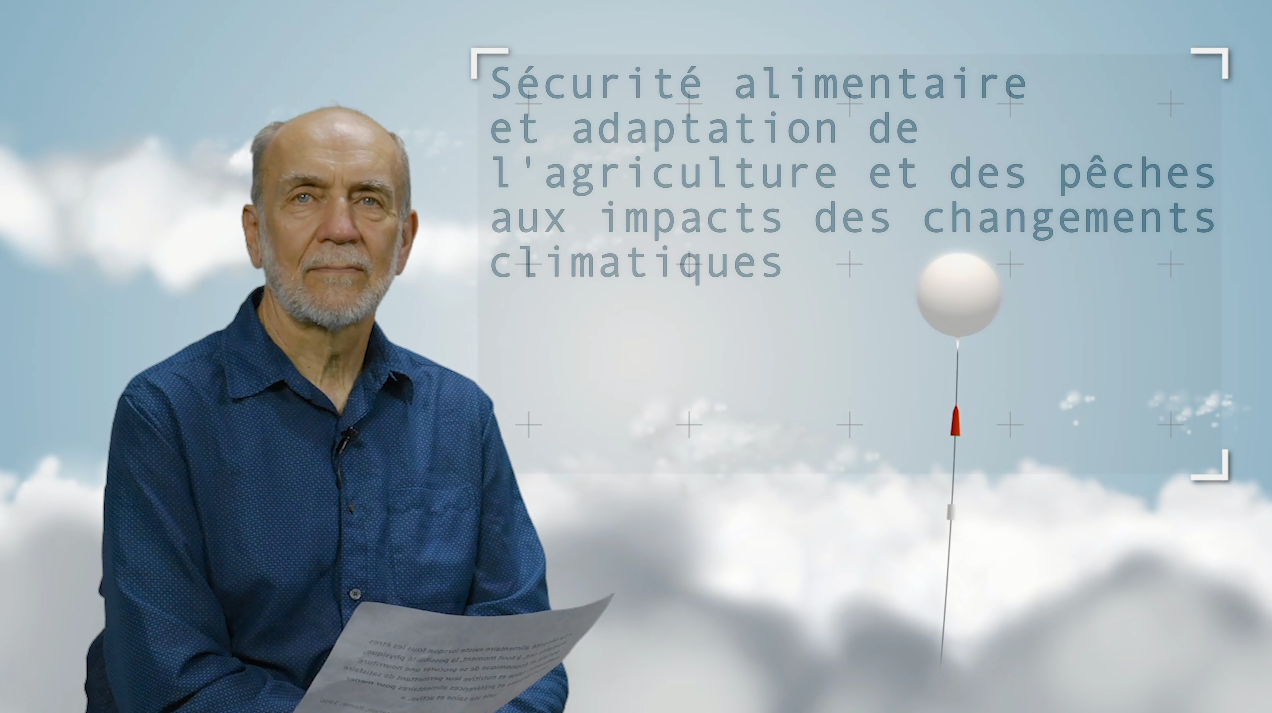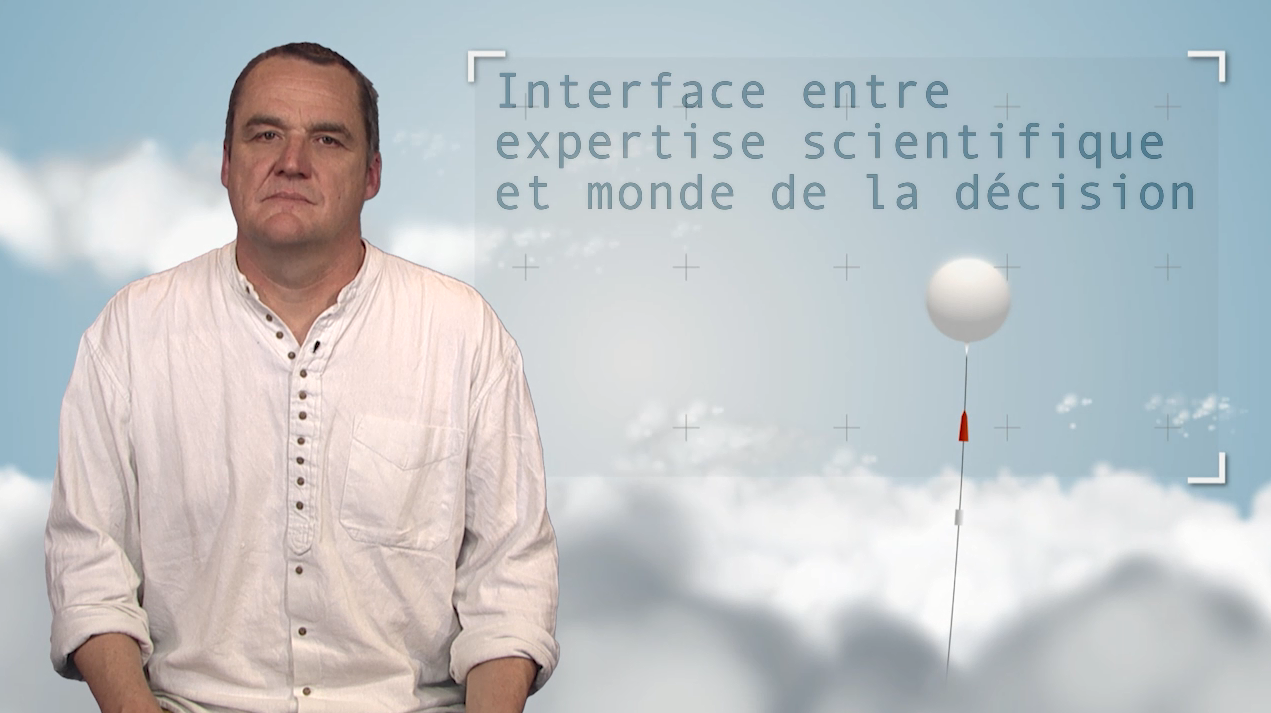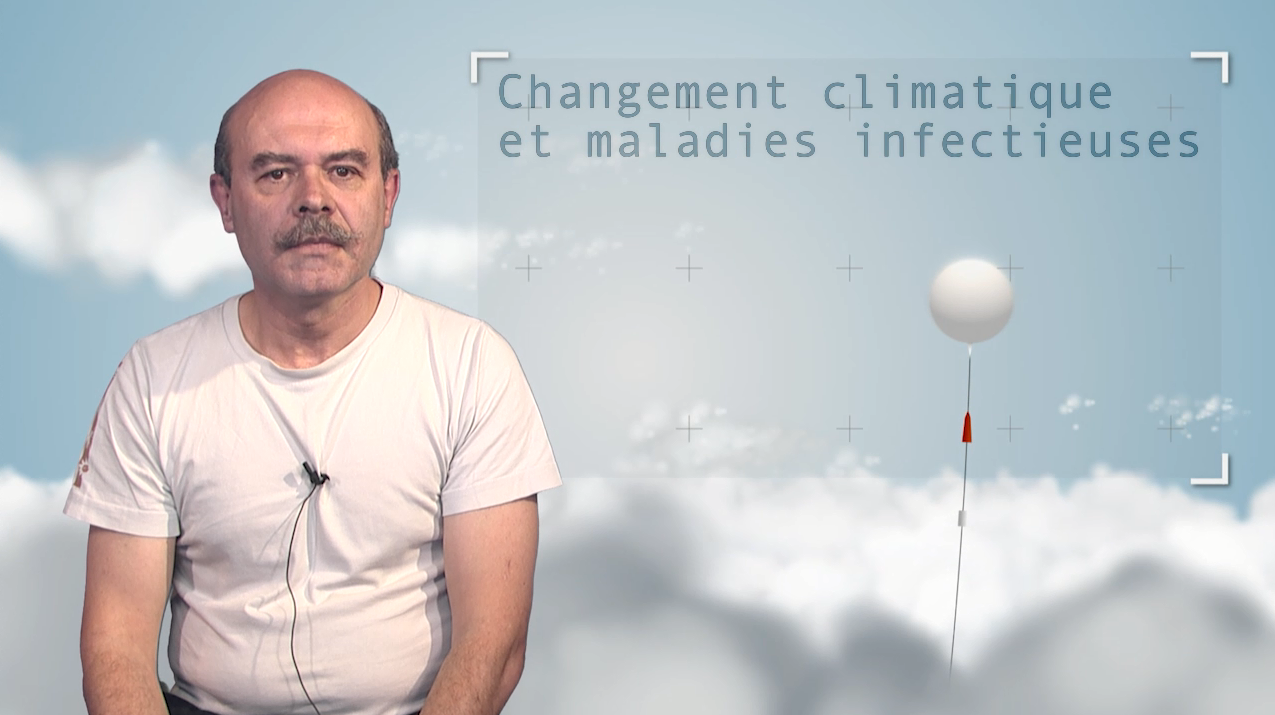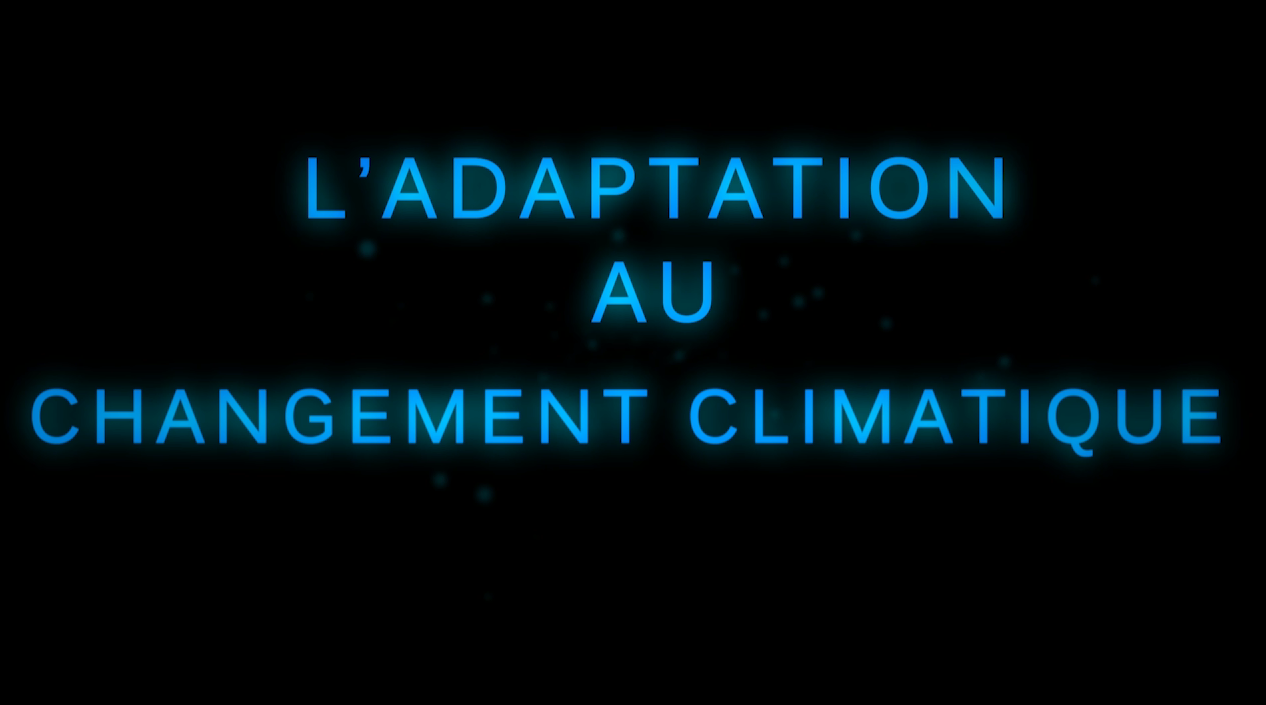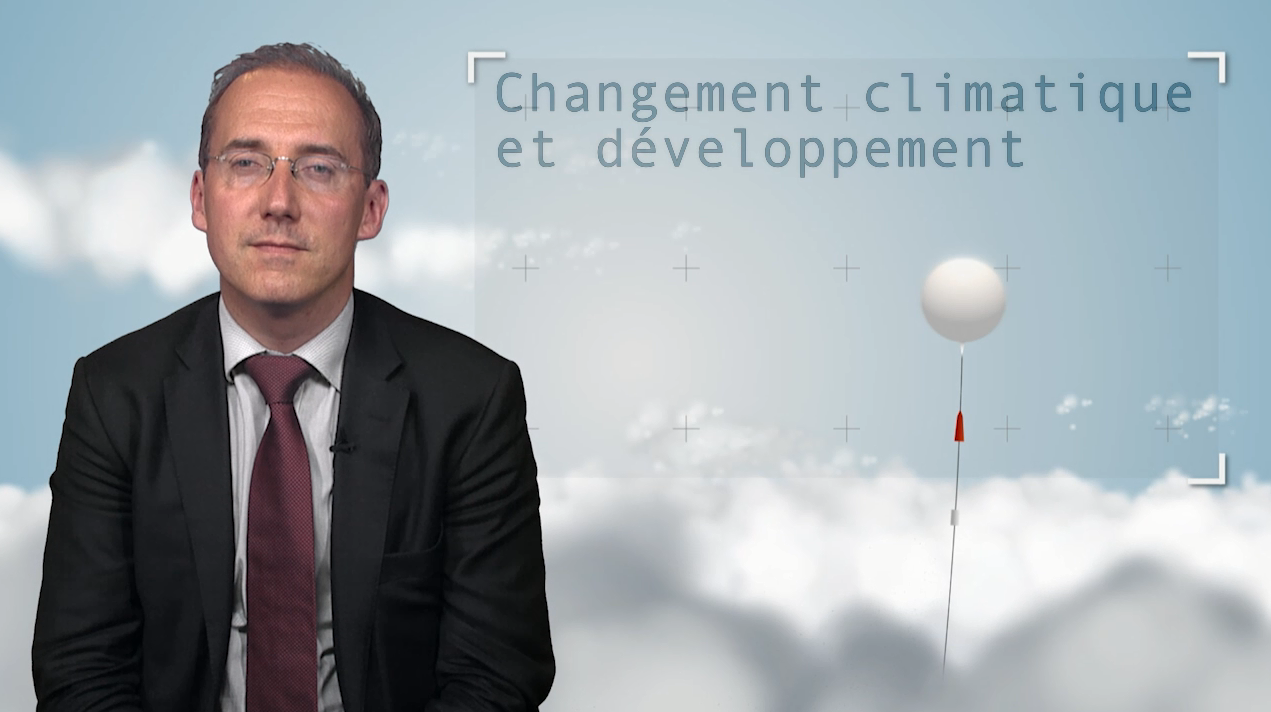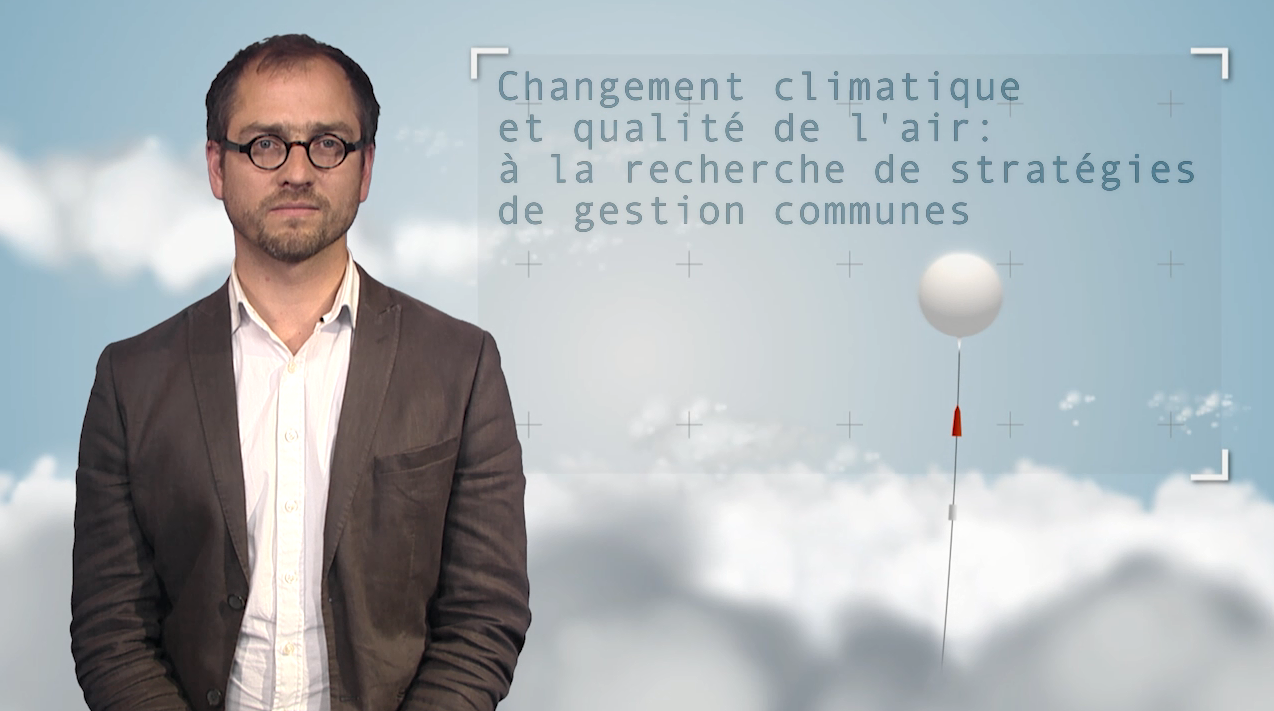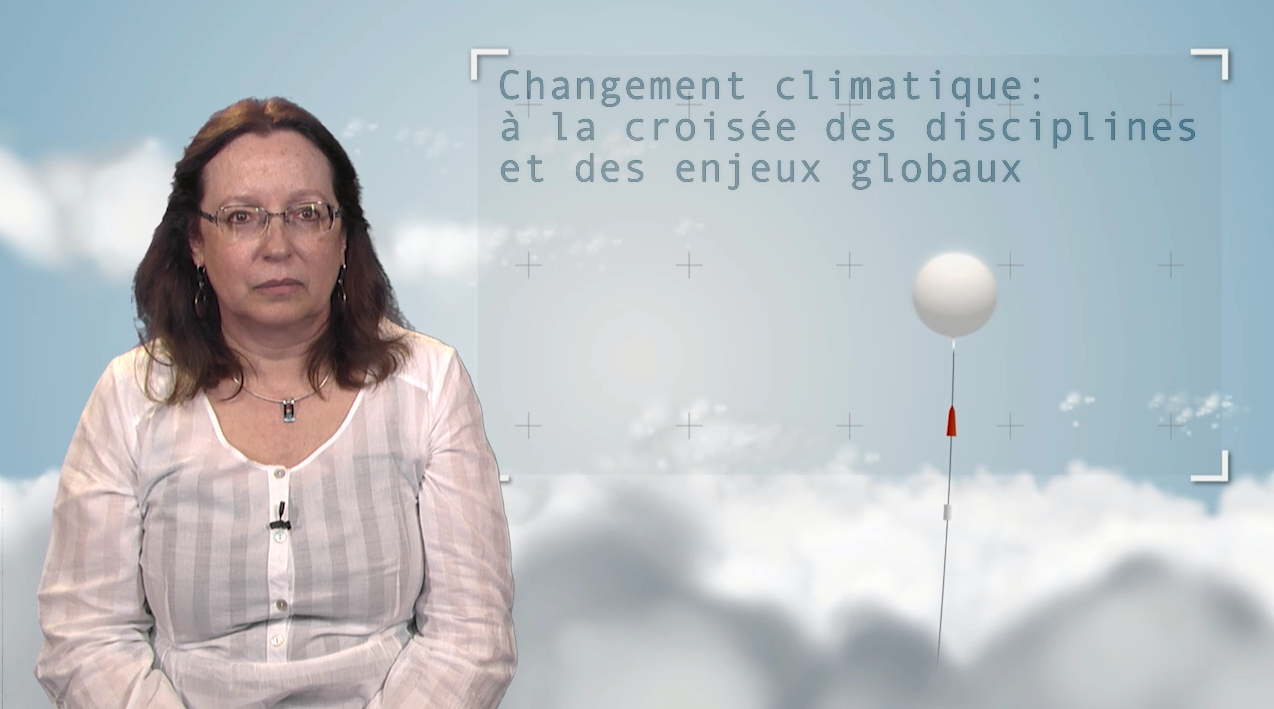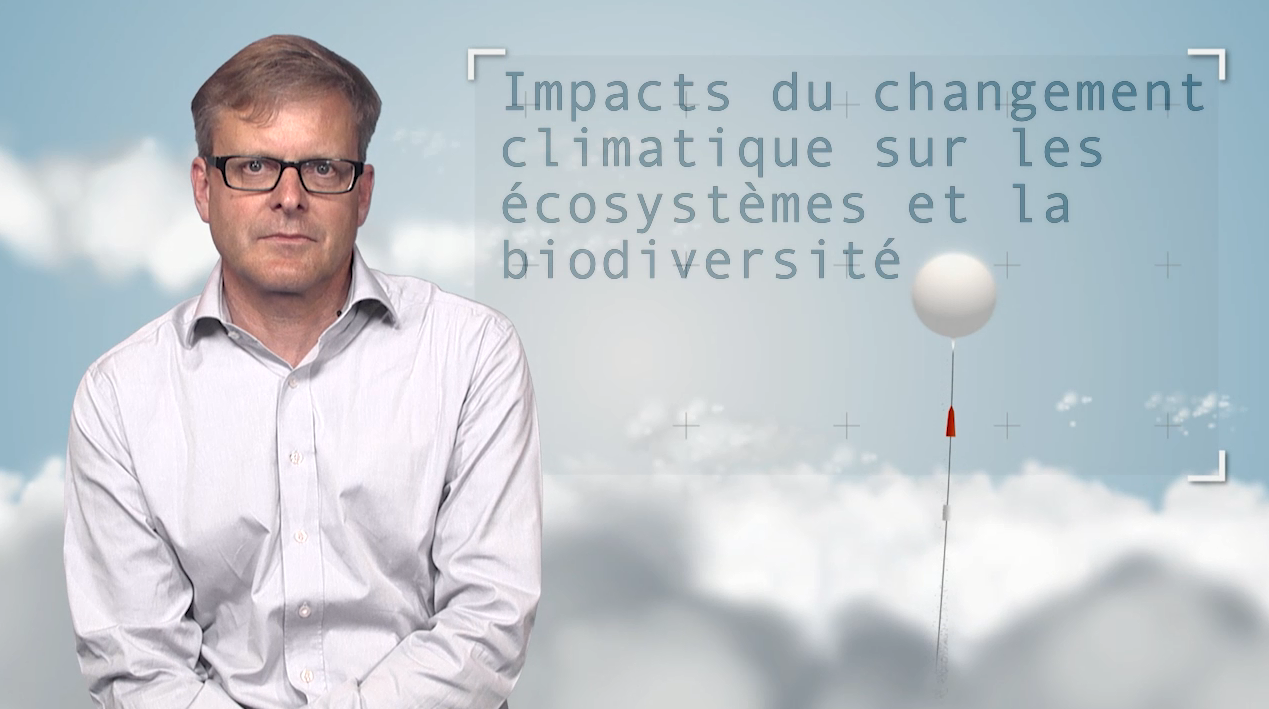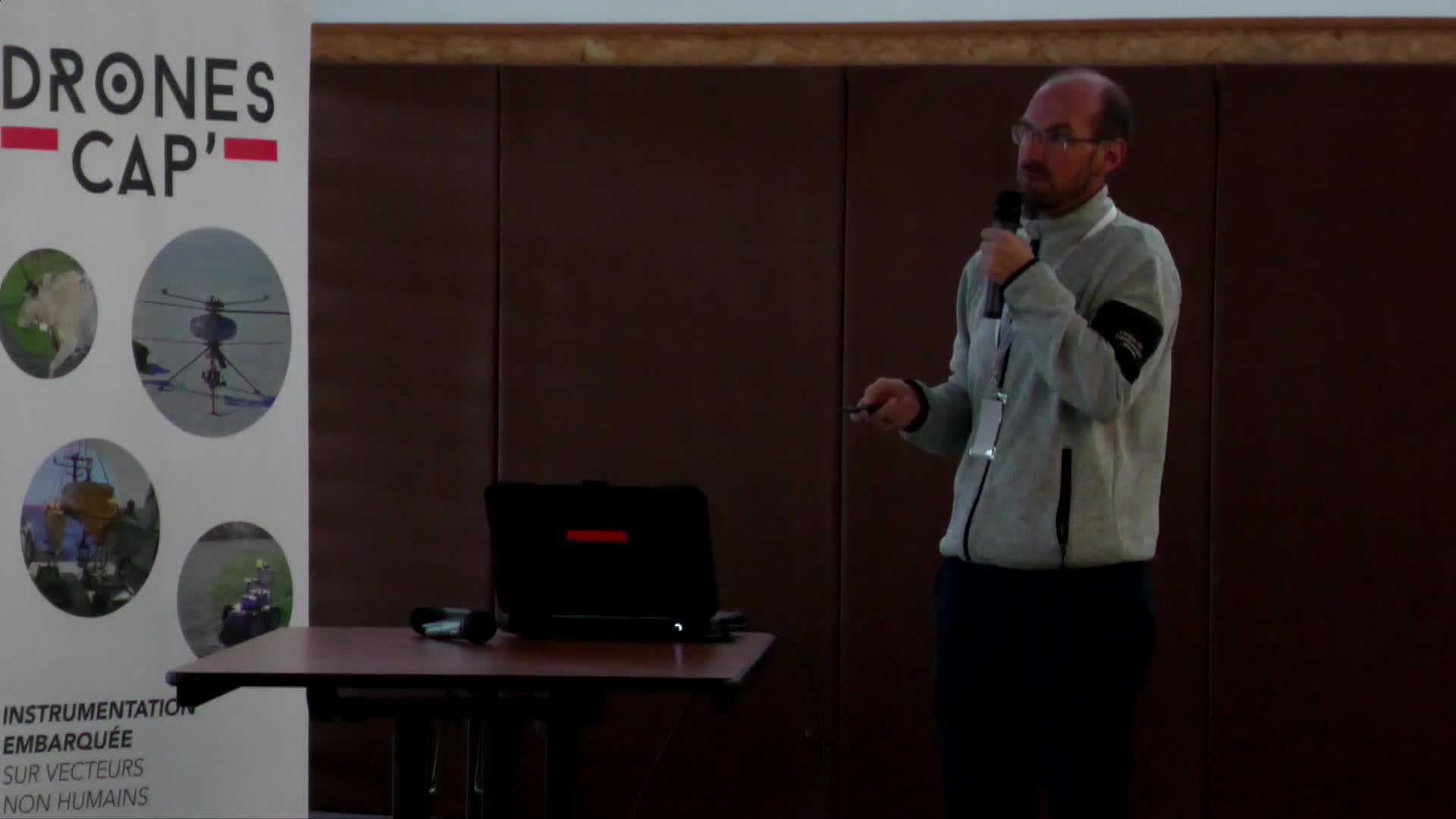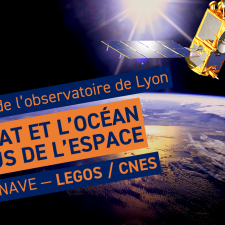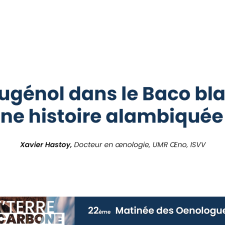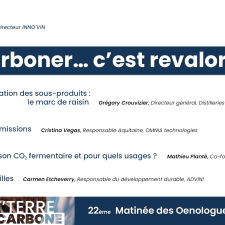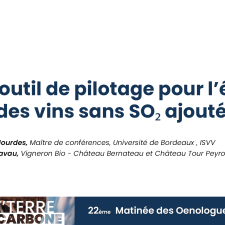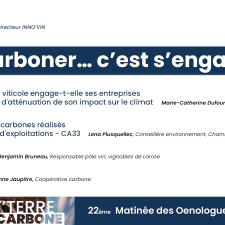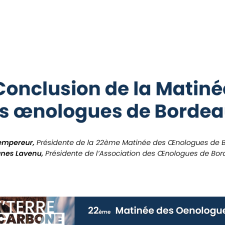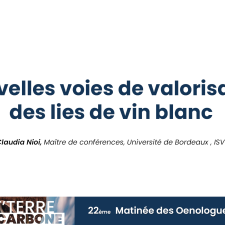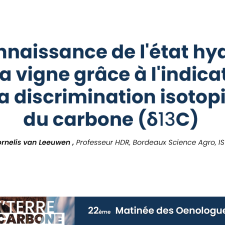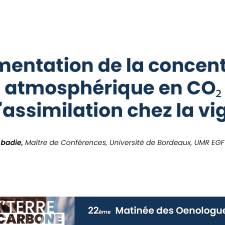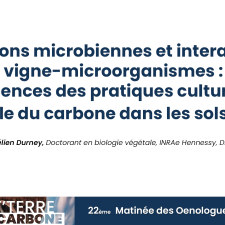Notice
Maîtriser les esprits animaux de la finance au service de la transition bas carbone
- document 1 document 2 document 3
- niveau 1 niveau 2 niveau 3
Descriptif
Dans cette vidéo (10'00), Jean-Charles Hourcade, directeur de recherche au CNRS et directeur d’études à l'EHESS, discute de la nécessaire réorientation de l'épargne pour financer la transition bas carbone et évoque les pistes qui permettraient de baisser le risque d'investissement lié à ce type d'infrastructures.
Dans la même collection
-
Gaining control of the animal minds of finance at the service of the transition towards a low carbo…
HourcadeJean-CharlesIn this video (10'00), Jean-Charles Hourcade, director of research at the CNRS and director of studies at EHESS, discusses the necessary reorientation of savings to finance the low-carbon transition
-
Financing the climate change transition
AgliettaMichelIn this video (10'36), Michel Aglietta, Emeritus Professor of Economics at Paris Ouest-Nanterre University, discusses the financing of the low carbon transition. After discussing the economic risks
-
Le financement de la transition climatique
Dans cette vidéo (10'36), Michel Aglietta, professeur émérite en économie à l’université Paris Ouest-Nanterre, évoque le financement de la transition bas carbone. Après avoir évoqué les risques
-
EN-5. Food security and adapting agriculture and fishing to the impacts of climate change
ChouinardOmerOmer Chouinard discusses about the risks that the climate change can cause for the food security of the world population. He highlights some leads that should enable to reduce these environmental
-
EN-8. Bridging the gap between scientific knowledge and decision making
VanderlindenJean-PaulJean-Paul Vanderlinden talks about the relation between scientists and decision-makers. He shows how this interface works and, in the climate field, he highlights several strategies to increase the co
-
EN-6. Climate change and infectious diseases
GuéganJean-FrançoisJean-François Guégan talks about the consequences of climate change on the infectious risk for human populations. He shows that temperature and pluviometry fluctuations are linked to the activity of
-
EN-9. Adapting to climate change
SimonetGuillaumeGuillaume Simonet discusses about the emergence of an idea of adaptation to the climate change for populations and states, and he shows how we try to reach it. Then he underlines the interest in
-
EN-4. Climate change and development
GiraudGaëlGaël Giraud talks about the relation between climate change and development. He evokes the economic tools that have to be implemented to convince and to help the southern countries, which are
-
EN-7. Climate change and air quality: finding joint management strategies
ColetteAugustinAugustin Colette evidences the relations between the air quality, which is very concerning in terms of public health, and the climate change. He discusses about the societal trajectories that should
-
EN-2. Interdisciplinarity and climate studies
VanderlindenJean-PaulJean-Paul Vanderlinden explains what is the interdisciplinarity and very concretely shows why such an approach is necessary when we are interested in the climate evolution. He gives examples of
-
EN-1. Climate change: at the juncture of disciplines and global challenges
JoussaumeSylvieSylvie Joussaume highlights the interaction between the climate change, environmental changes and societal changes. She underlines the importance to resort to study and decision methods that are based
-
EN-3. The impacts of climate change on ecosystems and biodiversity
LeadleyPaulPaul Leadley discusses about the adaptation of ecosystems and biodiversity to the current and future climate change. He highlights the more or less strong ability of some groups of species to adapt to
Sur le même thème
-
Contribution des infrarouges de l’Altum-PT pour la cartographie des littoraux de carbone bleu - Jou…
CollinAntoineLes écosystèmes de carbone bleu, tels que les marais maritimes, les mangroves et les herbiers marins, jouent un rôle crucial dans la séquestration du carbone et la protection des côtes...
-
Changement climatique, fonte des glaces, réchauffement et hausse de l'océan : le rôle de l'observat…
CazenaveAnnyIl est à présent bien établi que les activités humaines sont la cause du changement climatique observé de nos jours. L'apport de l'observation spatiale, à l'aide de satellites en orbite autour de la
-
Qualité microbiologique des sols et impacts des pratiques viticoles
KarimiBattleElément'Terre, mon cher Carbone ! 22e Matinée des Œnologues de Bordeaux
-
L’eugénol dans le Baco blanc, une histoire alambiquée !
HastoyXavierElément'Terre, mon cher Carbone ! 22e Matinée des Œnologues de Bordeaux
-
Décarboner… c’est revaloriser ! / Table ronde
BrianceauGillesCrouvizierGrégoryVegas GómezCristinaPlantéMathieuEtcheverryCarmenElément'Terre, mon cher Carbone ! 22e Matinée des Œnologues de Bordeaux
-
Le CO₂, outil de pilotage pour l’élevage des vins sans SO₂ ajouté
JourdesMichaëlLavauPierrickElément'Terre, mon cher Carbone ! 22e Matinée des Œnologues de Bordeaux
-
Décarboner… c’est s’engager ! / Table ronde
BrianceauGillesDufourMarie-CatherinePlusquellecLenaBruneauBenjaminJaupitreSolenneElément'Terre, mon cher Carbone ! 22e Matinée des Œnologues de Bordeaux
-
22e Matinée des Œnologues de Bordeaux / Conclusion
YounesDialaLempereurValérieElément'Terre, mon cher Carbone ! 22e Matinée des Œnologues de Bordeaux
-
Nouvelles voies de valorisation des lies de vin blanc
NioiClaudiaElément'Terre, mon cher Carbone ! 22e Matinée des Œnologues de Bordeaux
-
La connaissance de l'état hydrique de la vigne grâce à l'indicateur de la discrimination isotopique…
Van LeeuwenCornelis (Kees)Elément'Terre, mon cher Carbone ! 22e Matinée des Œnologues de Bordeaux
-
L'augmentation de la concentration atmosphérique en CO₂ et l'assimilation chez la vigne
AbadieCyrilElément'Terre, mon cher Carbone ! 22e Matinée des Œnologues de Bordeaux
-
Fonctions microbiennes et interactions vigne-microorganismes : influences des pratiques culturales …
DurneyCélienElément'Terre, mon cher Carbone ! 22e Matinée des Œnologues de Bordeaux





